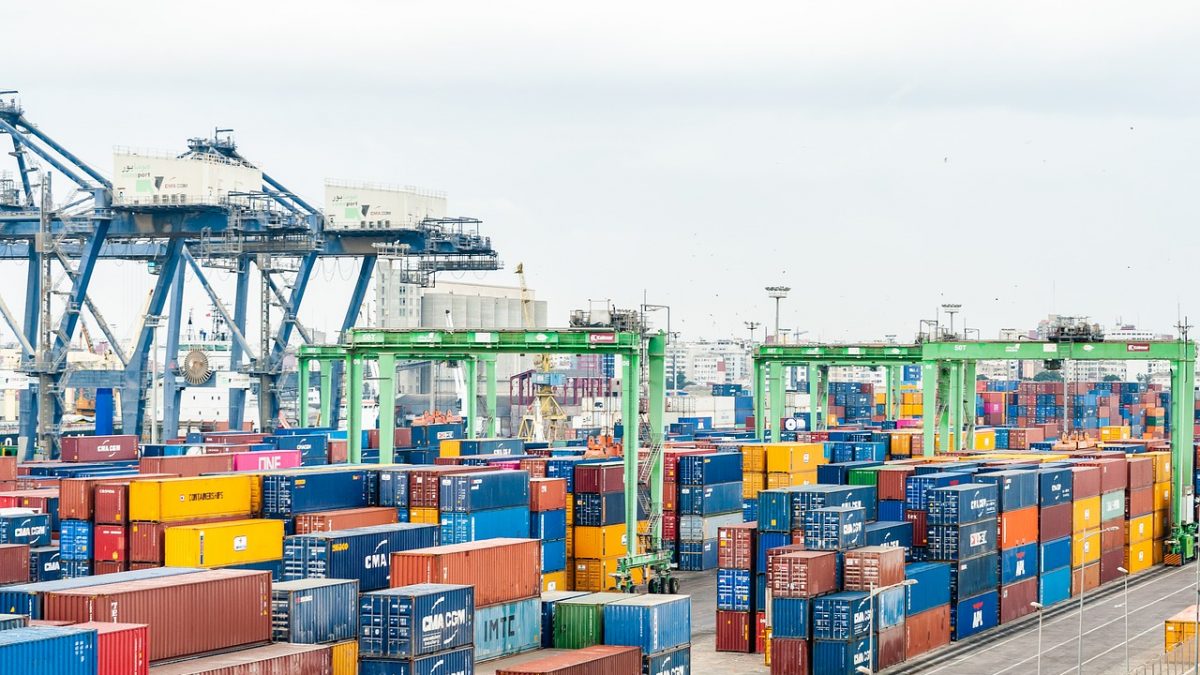
Getting Involved with the Community as a University Student
December 16, 2021
The Future Lawyer Weekly Update – w/c 20th December
December 23, 2021Article by Ralitsa Stancheva.
Following Brexit, the United Kingdom began establishing a wide network of free trade agreements to prevent interruption of the import and export flows. This article provides an overview of the most recent developments companies need to be aware of when planning their activities in the new year.
Singapore
On 9 December, the United Kingdom and Singapore reached an agreement in principle on a comprehensive Digital Economy Agreement (DEA). The deal is the first of its kind in Europe, and aims to reduce barriers to digitalisation-related trade of goods and services between the two countries.
In 2020, the value of the UK’s total trade with Singapore was nearly £15.8 billion, £9.8 billion of which constituted exports and thus built a positive trade balance. For the same year, the share of UK goods and services in Singapore was 1.8% and 3.9% respectively, making for a total UK market share on the diamond-shaped island of 2.5%. It can safely be projected that these figures will rise once the agreement comes into force. On the one hand, UK companies will face less bureaucratic burdens and a modernised, cost-cutting set of rules for import and export, e.g. electronic invoicing and electronic bills of lading. On the other hand, easier access to Singapore as a major trade hub means easier access to the larger market of the Asian-Pacific region.
The DEA is of greatest relevance to the UK companies in the professional and financial services, telecommunications, IT, cybersecurity, and engineering industries. In late October, the Straits Times reported that Singapore’s trade and service-oriented clusters are already surpassing their pre-pandemic levels, with the Monetary Authority of Singapore expecting an “above-trend” economic growth in 2022. As of June 2021, telecommunications, financial and IT services are in the top 5 of UK services exports to Singapore, and since 2019 over 80% of such export have been digitally delivered. Considering these developments, the DEA has the potential to open up an even greater number of opportunities to UK businesses of all sizes.
Norway
About a week earlier, on 1 December, the new trade agreement between the United Kingdom and Norway, UK’s 13th largest trading partner, came into force. Its scope goes beyond liberalising the bilateral trade in goods and services, and includes lighter regimes for work and travel. The agreement is part of a free trade deal the UK struck with all three non-EU members of the European Economic Area – Iceland, Lichtenstein, and Norway in July, supporting a trading volume estimated at nearly £22 billion in 2020.
Once effected, it will replace the agreements in place (Iceland – Norway, and Switzerland – Lichtenstein) for the UK’s trade in goods (only!) with these countries since 1 January 2021. Notably, each of the three EEA signatory states can ratify the new agreement in their own time, without this affecting its coming into force for the other two. This is why more details about the new trade frameworks with Iceland and Lichtenstein are yet to come.
The deal with Norway introduces lower tariffs and increased duty-free export quotas for the farming, food, and seafood producing businesses. In fact, UK exports of cheese and fish feed, and imports from Norway of, among other items, prawns and whitefish can now occur tariff-free. This can help UK companies lower the cost of bringing their products to the domestic and the Norwegian markets, and increase their competitiveness. The agreement also seeks to digitalise many of the presently paper-based processes to make trade cheaper and faster. The deal is especially beneficial for FinTech companies, which can now launch new services in Norway without having to introduce them in another market first.
An impact assessment by the Department for International Trade forecasts growth of UK exports to Iceland, Lichtenstein, and Norway by some additional £3.5 billion by 2030, provided the UK retains its existing market share. For Norway and Lichtenstein alone this would translate into a boost of UK exports from £8.3 billion by 2019, to £12 billion by 2030. As the agreement starts being implemented, this invites companies to consider entering or expanding their presence in those markets.
“Made in the UK, Sold to the World”
Companies can, of course, also benefit from some of the other free trade agreements the UK has already reached with countries like Australia, Canada, Japan, New Zealand, Serbia, and Vietnam as part of the government’s “Made in the UK, Sold to the World” strategy. The strategy includes reaching £1 trillion in annual exports by the mid-2030s and strengthening government-to-government and global networks partnerships. A key development to track in this regard is the UK’s accession negotiations with the CPTPP – a free trade area of 11 countries on both sides of the Pacific with a combined GDP of £9 trillion. UK’s trade with CPTPP members amounted to £110 billion in 2019, and joining the area could mean no tariffs for 99.9% of all UK exports.
The strategy foresees greater support for small and medium-sized companies by the national export credit agency, UK Export Finance (UKEF). The goal is to enable such companies to participate in international trade when finance and insurance from the private sector are not available.
In a speech delivered at the UK Trade and Export Finance Forum 2021, the exports minister Mike Freer emphasised the importance for UK businesses to make use of UKEF’s £50 billion finance capacity. According to the cited data, one in seven companies with an annual turnover of over £500,000 does not export – something Minister Free has labelled as an “untapped export potential across the UK”.
It is therefore recommendable for companies to familiarise themselves with the government’s strategy, the export boosting mechanisms that are already in place under its framework, and access their preparedness for exporting goods and services.





